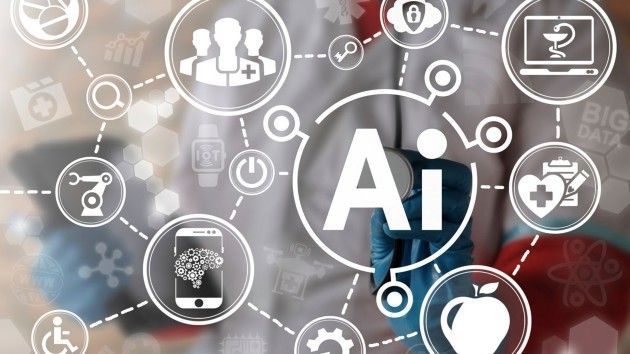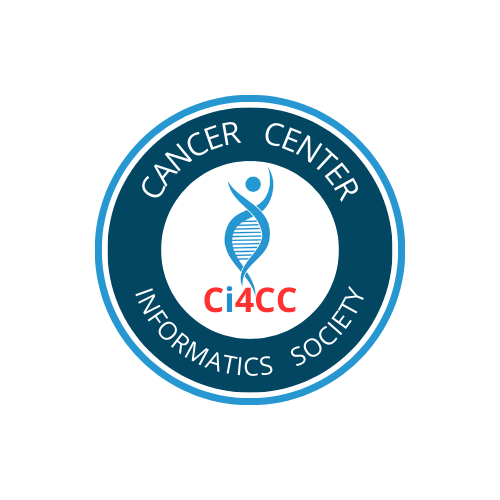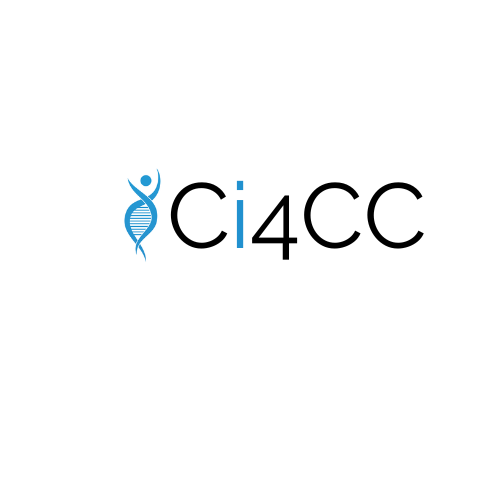Artificial intelligence in oncology: current applications and future perspectives
Artificial intelligence (AI) is concretely reshaping the landscape and horizons of oncology, opening new important opportunities for improving the management of cancer patients. Analysing the AI-based devices that have already obtained the official approval by the Federal Drug Administration (FDA), here we show that cancer diagnostics is the oncology-related area in which AI is already entered with the largest impact into clinical practice. Furthermore, breast, lung and prostate cancers represent the specific cancer types that now are experiencing more advantages from AI-based devices. The future perspectives of AI in oncology are discussed: the creation of multidisciplinary platforms, the comprehension of the importance of all neoplasms, including rare tumours and the continuous support for guaranteeing its growth represent in this time the most important challenges for finalising the ‘AI-revolution’ in oncology.
First Author: Claudio Luchini,
Artificial intelligence (AI) is concretely reshaping our lives and it is time to understand its evolution and achievements to model future development strategies. This is true also for oncology and related fields, where AI is now opening new important opportunities for improving the management of cancer patients, as will be highlighted in this perspective paper.
Share this Article with others
Caught in the crossfire: The critical threats facing cancer centers, research, and patient care. Shannon McWeeney PhD, & Sorena Nadaf-Rahrov MS, MMI
A recent Lancet study demonstrated that AI implementation led to a 29% increase in cancer detection, with no increase in false positives and a reduced workload compared to radiologists without AI assistance. While emerging evidence supports AI’s potential to enhance cancer detection in mammography screening and reduce screen-reading workload, further research is needed to fully understand its clinical impact.
Artificial intelligence to empower diagnosis of myelodysplastic syndromes by multiparametric flow cytometry

With heavy hearts, we remember and honor Brady Davis, whose sudden passing leaves an immense void. Brady was a devoted supporter and invaluable contributor to the Cancer Center Informatics Society, dedicating countless hours to advancing our mission and strengthening our community. His expertise, enthusiasm, and unwavering commitment shaped our initiatives and inspired everyone fortunate enough to work alongside him. Brady’s legacy will live on through the progress he championed and the connections he fostered. We extend our deepest sympathies to his family, friends, and all who knew him. He will be greatly missed. In honor of Brady’s legacy, Ci4CC will be forming a committee to explore meaningful ways to memorialize him within our society for years to come. We plan to announce the committee’s recommendations at our Spring Summit in San Diego, CA, on March 31, 2025. Please find his obituary here , and visit his memorial page on MyKeeper to leave a tribute. Support the Davis family in Brady’s memory via GoFundMe ---------- Cancer Center Informatics Society (Ci4CC) Sorena Nadaf-Rahrov & Warren Kibbe Co-Founders, Ci4CC
Leading Progress Against Cancer
By Drs Karen Knudsen & Othman Laraki.
Conversation with The Cancer Letter: NCI’s new chief data scientist Warren Kibbe tells us about efforts to get “AI-ready” - July 12, 2024




